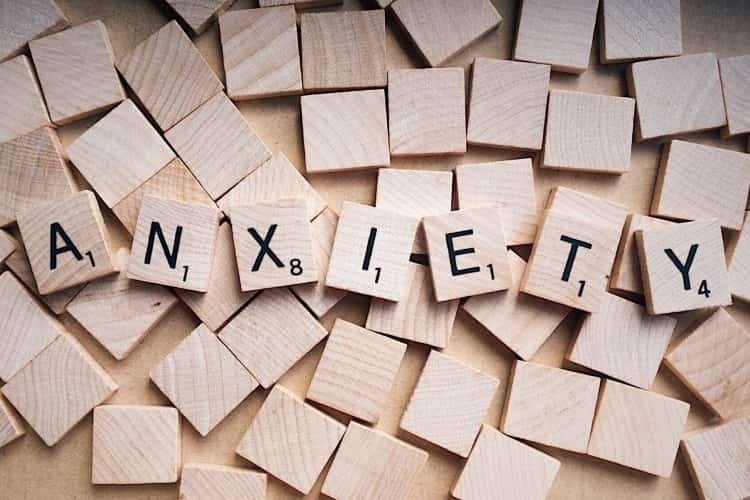
Anxiety, what is it? You have probably come across the word one too many times and might not have a deep insight into what it is. Well, in simple terms, anxiety can be defined as the body’s natural response to stress. Anxiety is normal. However, when it gets to absolute extremes, it is referred to as anxiety disorder. This is described as extreme fear or worry that is usually accompanied by other disorders like panic disorder, separation anxiety, and agoraphobia to mention a few.
It is usually caused by environmental, genetic, medical factors and at times, brain chemistry. How do you know if you have an anxiety disorder? You can take the e-counseling.com/anxiety-quiz/ test and also watch out for the following signs and symptoms.
- Anxious thoughts tend to linger
While some situations may warrant for someone to be anxious, yours seem to be exaggerated. You will notice this by observing the other people that you might have been caught up in the same situation. If your anxious feelings tend to last longer than those of others, the chance is high that you might be suffering from anxiety disorder.
- Focusing is becoming a sport
If you have Generalized Anxiety Disorder (GAD), then you will have a hard time focusing. You are obsessed with worries such that you have no time left for you to focus on other important things. This can be characterized by being overly concerned about your relationship, family, and finances and so on.
- Muscular pain, GAD, restlessness, and fatigue
If you have noticed what you may term as normal anxiety accompanied by the mentioned symptoms, then there is a chance that you have an anxiety disorder. The other symptoms that might sell out underlying anxiety disorder may include diarrhoea, heartburn, cramps and GI upset.
- Being too cautious of making mistakes
If all the talks highlighting that mistakes are the best lessons do not seem to get to you, then there is a probability that you have an anxiety disorder. This will affect your decision-making skills. Why? Your fear of making wrong decisions will get in the way of you making decisions in the first place.
- There is no such thing as the glass being half full
If you often see things in the negative light, that might be a sign of anxiety disorder. One of the ways in which anxiety disorder works is robbing you of hope or optimism. With that, you find a hard time believing or seeing that things will actually work out in your favor. This is unhealthy as one ends up lacking the motivation to do anything in the fear that the results will not be worth the sweat.
- Difficulties in finding sleep
One of the ways in which people with anxiety disorders are affected is through sleep. They tend to have problems in falling or even staying asleep. Insomnia and anxiety are often linked. More so, people that have had insomnia in their early ages tend to suffer from anxiety disorder later in life.
- Being evasive
Have you noticed a trend whereby you tend to avoid everything? Most situations, as normal as they may be, tend to make you anxious and uncomfortable. To avoid that feeling, you decide to avoid the situations all the same. Avoidance is one of the highlighted symptoms of anxiety disorder.
- Panic attacks
Do you have panic attacks lately? As aforementioned, anxiety disorder is often accompanied by other types of disorders, one of them being panic attacks. Recurring panic attacks are indicators of panic and anxiety disorders.
- Irritability
Irritability is also a strong sign that one is suffering from an anxiety disorder. One is said to be irate or has irritability when they seem to be upset and frustrated easily. This mostly occurs when a person finds themselves in stressful situations.
This symptom mainly damages relationships, as people that are unaware of your disorder might opt to alienate themselves from your outbursts.
- Obsessive Compulsive Disorder (OCD)
Accompanied by the other symptoms, if you have been the kind of person that cleans the floors twice because you feel that it is not clean enough and do other repetitive things, there is a chance that there is an underlying issue of anxiety disorder. This is most prevalent with people who have had OCD since childhood.
Anxiety disorder has several undesirable effects. One of the short-term effects is being unable to lead daily normal lives as a result of being unable to complete tasks. Long-term consequences are grave as they include being suicidal. If you have an anxiety disorder, all is not lost. Some medications can treat it and help you cope with it. It is, however, vital that you do not self-prescribe. A professional will be in a better position to help you pick the ideal treatment from the many options available.
